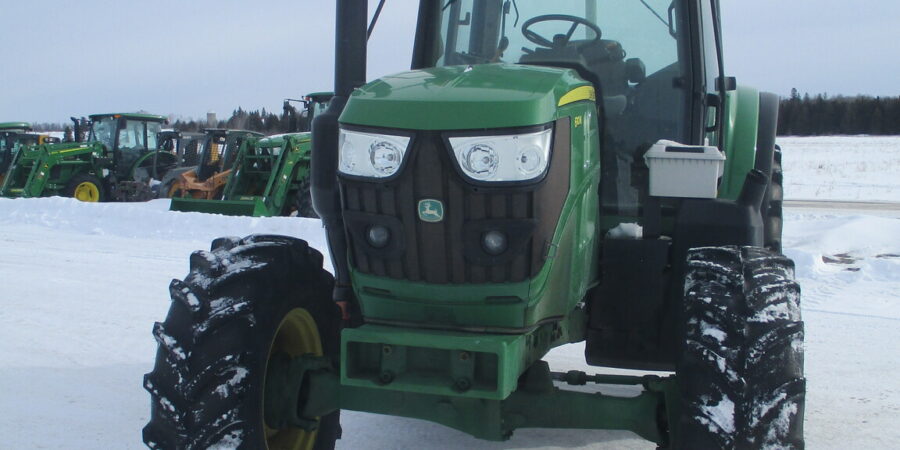Winter brings its own set of challenges for heavy equipment operators, as frigid temperatures, snow, and ice can take a toll on machinery. Proper winter maintenance is crucial to ensure the reliable performance and longevity of heavy equipment in cold climates. In this short article, we’ll discuss essential tips for winterizing your heavy equipment to mitigate the effects of harsh winter conditions.
- Fluid Management:
- Engine Oil: Use the right viscosity of engine oil suitable for cold temperatures. Cold weather can thicken oil, making it difficult for the engine to start. Check and change the oil according to the manufacturer’s recommendations.
- Coolant: Ensure the coolant in your heavy equipment has the appropriate concentration to prevent freezing. A mixture of antifreeze and water at the recommended ratio will protect the engine from extreme cold.
- Hydraulic Fluid: Use hydraulic fluids with a low pour point to maintain proper equipment functionality. Cold temperatures can affect the viscosity of hydraulic fluids, potentially leading to system inefficiencies.
- Battery Maintenance:
- Keep Batteries Charged: Cold weather reduces a battery’s effectiveness. Regularly check the battery charge and charge it if necessary. Consider using battery blankets or insulation to keep the battery warm when the equipment is not in use.
- Inspect Cables and Connections: Ensure that battery cables and connections are in good condition. Corrosion can occur, especially in winter conditions, and may hinder the flow of electricity.
- Insulation and Covers:
- Engine Block Heaters: Install engine block heaters to keep the engine warm during cold nights. This reduces the strain on the engine during start-up and improves overall performance.
- Cab Insulation: Insulate the equipment’s cab to retain heat. This is particularly important for operator comfort and can also help prevent the freezing of hydraulic fluids and other essential components.
- Equipment Covers: When heavy equipment is not in use, cover it with weatherproof covers to protect against snow, ice, and freezing rain. This helps prevent damage and reduces the time needed for pre-start inspections.
- Tire Maintenance:
- Tire Pressure: Check and adjust tire pressure regularly. Cold weather can cause tire pressure to drop, affecting traction and overall performance. Properly inflated tires improve fuel efficiency and reduce the risk of tire damage.
- Traction Aids: Equip heavy equipment with appropriate traction aids, such as tire chains or studded tires, to enhance stability and grip on icy or snow-covered surfaces.
- Regular Inspections:
Perform thorough pre-start inspections to identify any issues before they become major problems. Check for leaks, loose connections, and worn-out parts. Addressing small issues promptly can prevent costly repairs and equipment downtime.
In Summary:
Winter maintenance for heavy equipment in cold climates is essential for reliable performance and longevity. By following these tips and staying proactive in your maintenance routine, you can minimize the impact of winter conditions on your heavy machinery and ensure a smooth operation even in the harshest weather.
Equipment still not cutting it? Search for used heavy equipment for sale on equipmentpatrol.com to find something that works for you. Budget an issue? Try using equipment financing to pay easy monthly payments on either new or used equipment.
Read More: Unlocking Flexible Payment Options: Enhancing Your Commercial Equipment Purchase Experience

